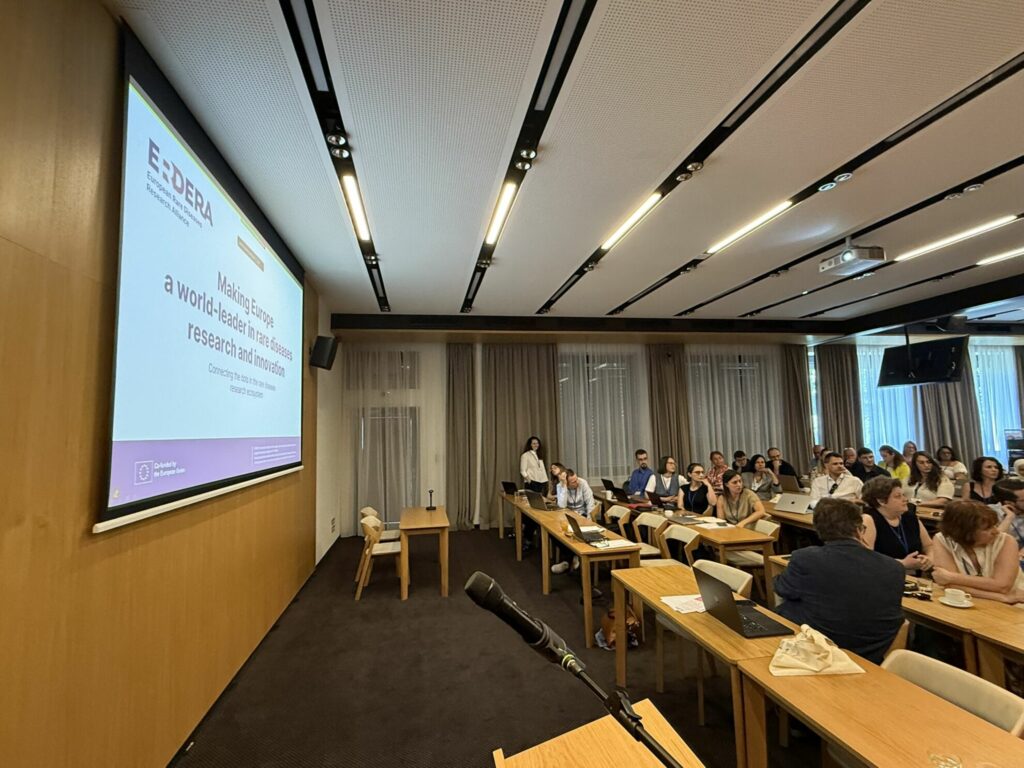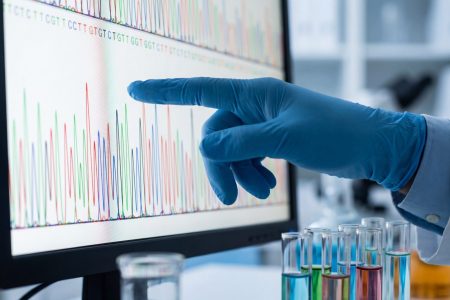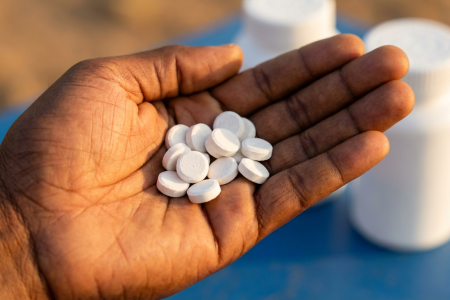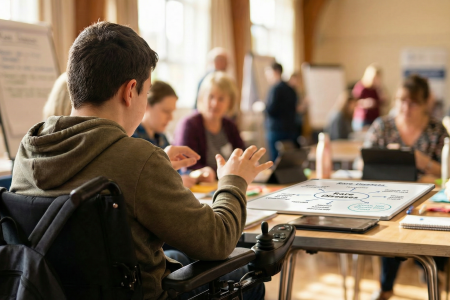The first ERDERA Jamboree took place from June 30 to July 1, 2025, in Prague and online. It brought together more than 150 participants—50 in person and 100 online—from 30 countries that are often underrepresented in rare disease research. These are countries that may lack access to the latest tools, funding, or infrastructure needed to fully participate in advanced medical research.
This dynamic and interactive event marked an important starting point for ERDERA’s mission to expand access to advanced technologies used to diagnose rare diseases. These technologies include:
- Long-read sequencing (LRS): A method that reads very long pieces of DNA to provide a clearer and more complete picture of a person’s genetic makeup.
- Optical genome mapping (OGM): A technique that uses light to scan large parts of the genome, helping to spot structural changes in DNA that may be linked to diseases.
- RNA sequencing: A method that looks at RNA—the molecules that carry out DNA’s instructions—to understand which genes are active and how they function in different conditions.
The event included introductory talks to explain these technologies, in-depth sessions to explore how they work, and group discussions on how they could be used in real-world medical cases. These case discussions helped participants understand whether their patients’ rare disease cases might benefit from advanced genetic testing.
Participants were highly engaged—asking questions, sharing ideas, and offering valuable input. This strong collaboration showed just how important it is to include voices from all countries in scientific research.
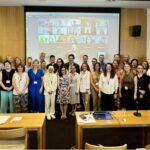
Importantly, this Jamboree is just the beginning. ERDERA plans to continue and expand these efforts in the coming months. Participants were encouraged to submit their own rare disease cases for further analysis. The leaders of a specific ERDERA task—called Innovation to shorten time to rare disease diagnosis—are dedicated to supporting these countries by helping them apply the new technologies to real patient cases.
To make the process smoother, a standard operating procedure (SOP) is being finalised. This is a step-by-step guide that explains how to select patient samples, register them, and handle all the logistics involved. A webinar—a live online session—will also be organised to walk participants through the entire process.
In the meantime, research centres are encouraged to start preparing informed consent forms, which are documents that ensure patients understand and agree to how their data and samples will be used. Centres can also begin registering their research teams on the GPAP platform—a secure online tool that allows researchers to share and analyse genetic data for rare diseases.
The energy, collaboration, and commitment shown at the Jamboree laid a strong foundation for the future and confirmed ERDERA’s goal: to build a rare disease research community that truly includes everyone, no matter where they’re from.

